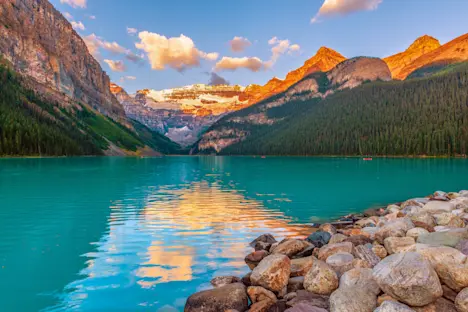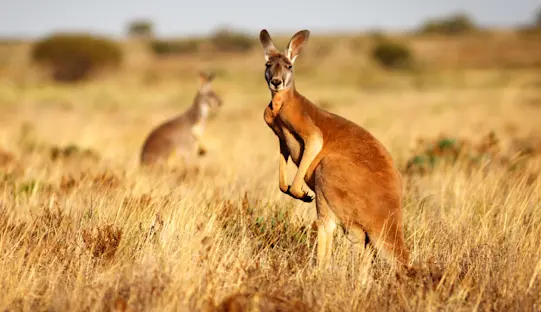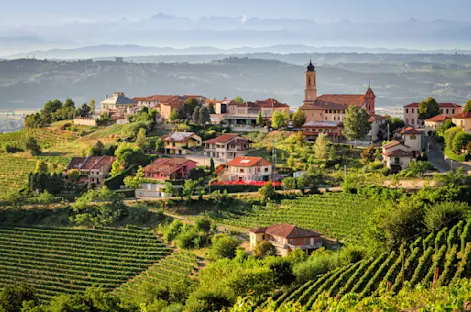Nat Hab & World Wildlife Fund: Together, we're changing the way people think about travel.
When you travel with Natural Habitat Adventures and World Wildlife Fund, you join us as a force for change in addressing the most pressing conservation challenges on Earth. Together, we offer conservation travel—sustainable travel that supports the protection of nature, wildlife and local communities.
Since 2003, Nat Hab has partnered with WWF, the world’s leading environmental organization, to promote this mission. To date, Nat Hab has provided more than $9 million to support WWF’s global conservation efforts and will continue to give 1% of gross sales plus $185,000 annually through 2028 in support of WWF’s mission to conserve nature and reduce the most pressing threats to the diversity of life on Earth. And our travelers have donated an additional $40 million in support of WWF priorities in some of the most precious yet imperiled places on the planet. WWF currently has more than 2,000 conservation projects in progress around the world.
Your tourism dollars help ensure the future of nature, flowing to local communities who live within and steward natural ecosystems, creating jobs and improving livelihoods. Your presence becomes a powerful incentive for local communities to protect their natural resources, making wildlife worth more alive than dead, and wild lands worth more intact than degraded. And you’ll go home not just moved by your experiences, but as an informed and enlightened ambassador for conservation.
Our innovative alliance with WWF also provides our guests with exclusive benefits you won't find elsewhere. Here’s how our partnership enhances your experience as a Nat Hab traveler.
Through specialized guide training, Nat Hab Expedition Leaders have access to the most up-to-date information provided by WWF scientists, which they share with you as they interpret every element of your nature adventure.
WWF experts often travel with our groups in destinations around the globe, providing knowledge and exclusive insight you wouldn't have access to elsewhere.
Every traveler receives a complimentary two-year subscription to WWF’s quarterly magazine, World Wildlife, and subscriptions to WWF’s monthly and conservation E-newsletters.
Nat Hab helps WWF get its office-based experts into the field via our trips, aiding their on-the-ground conservation work.































